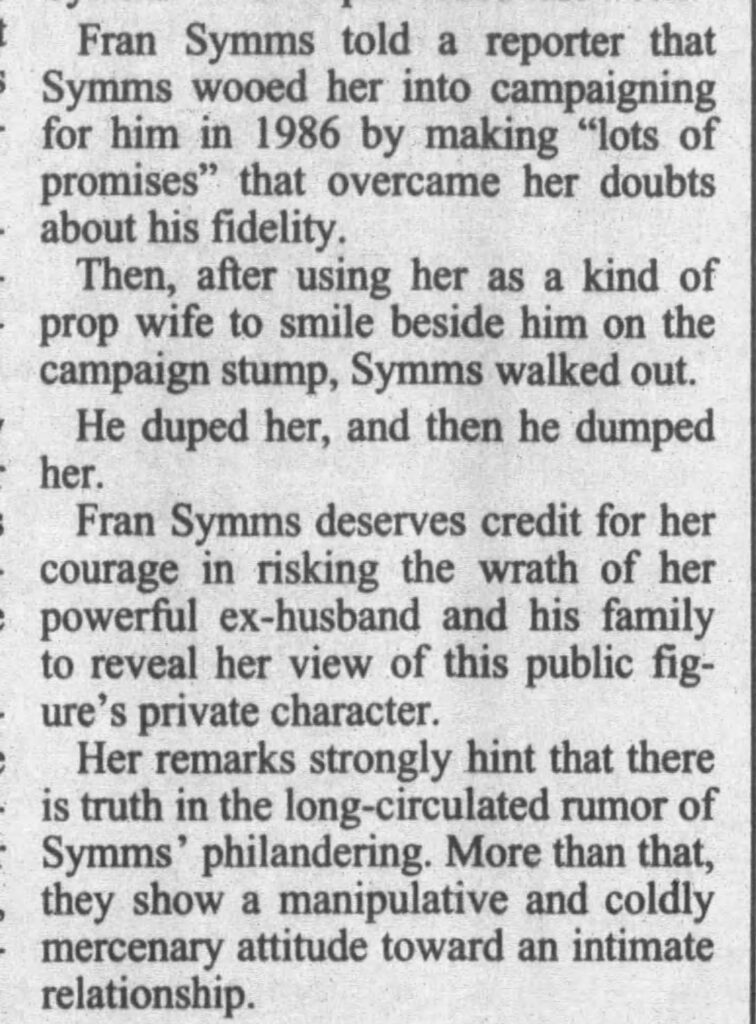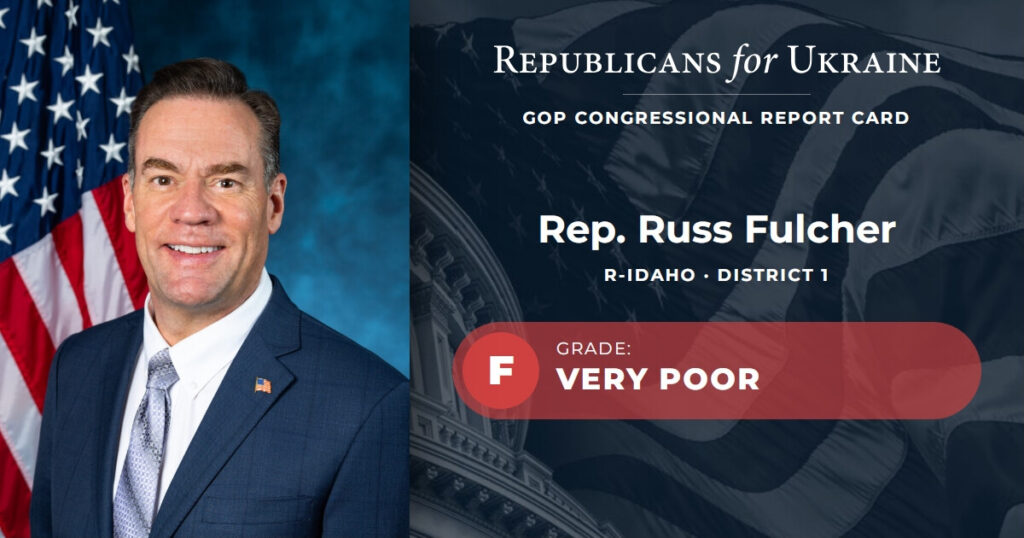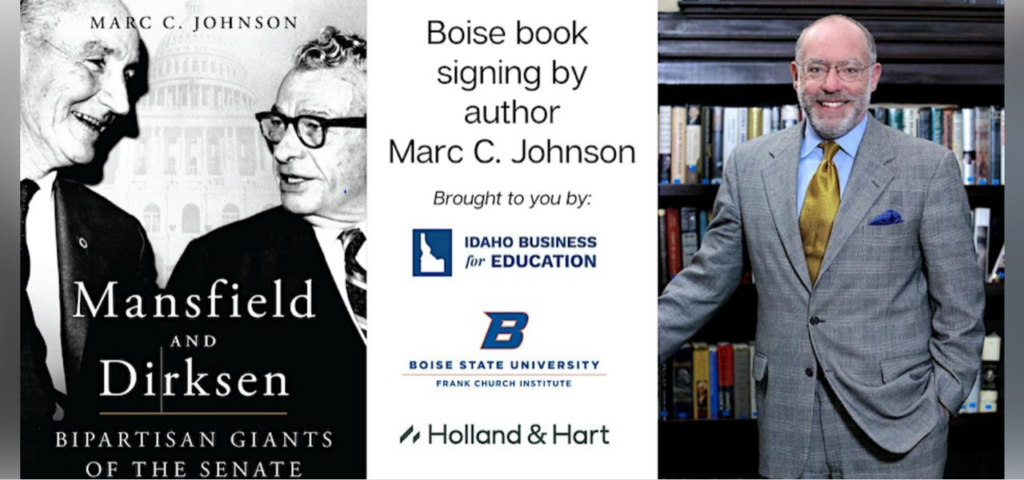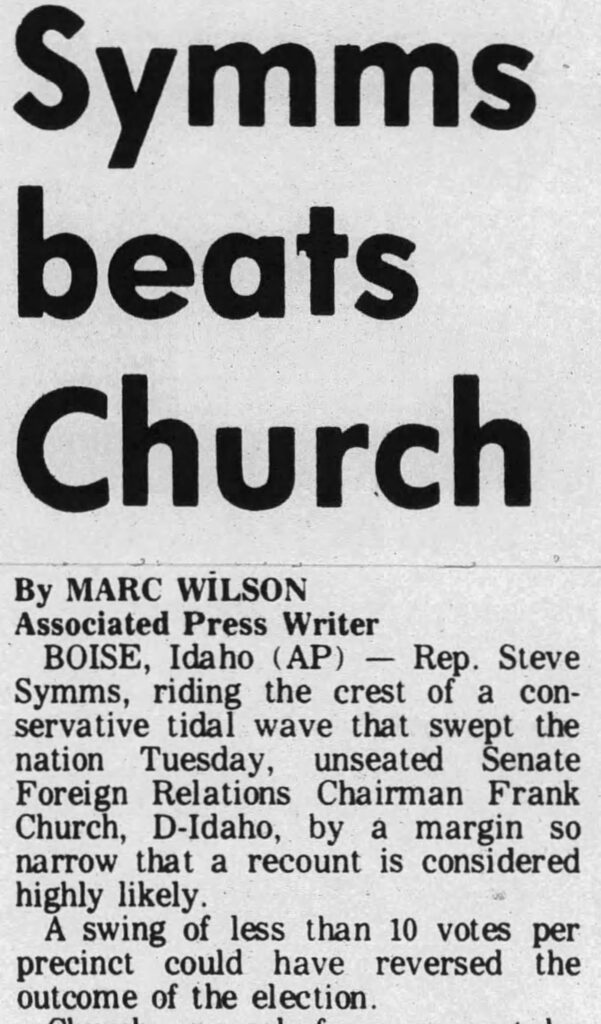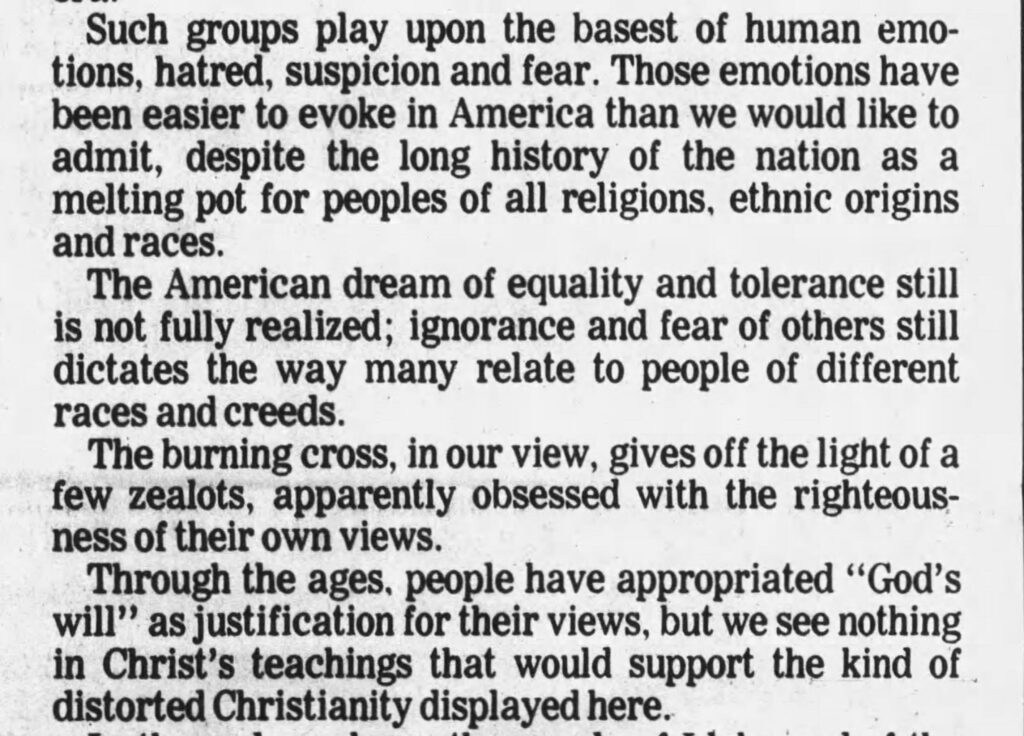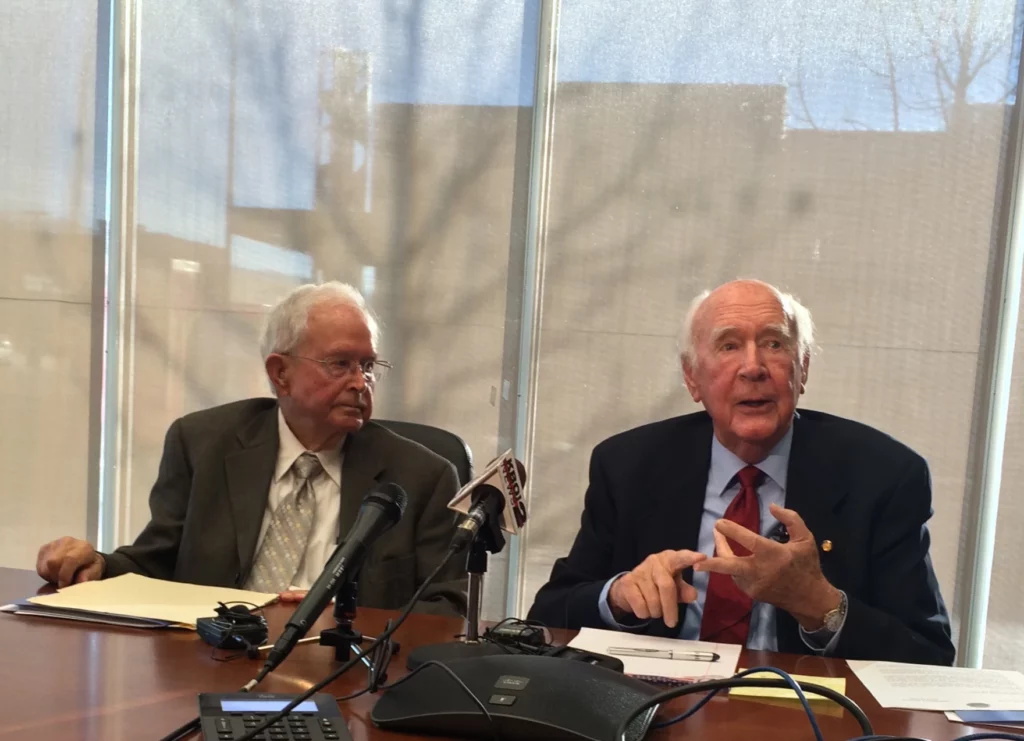A friend recently shared that he’d written Idaho Republican Senator Mike Crapo asking how Crapo had managed to justify Donald Trump’s pardons of every single individual involved in the attack on the U.S Capitol in 2021.
Crapo’s answer to his constituent was so wildly fictitious, so wrapped in the conspiracy of lies around January 6 as to qualify the career politician for a dishonored place in the Tin Foil Hat Hall of Fame.
So permit me to annotate Crapo’s letter before we all slip down the memory hole where he and Trump want us to live.
Crapo wrote:
“Thank you for contacting me about the pardoning of the political prisoners from the protests at the Capitol on January 6, 2021. I appreciate hearing from you and welcome the opportunity to respond.
“On January 20, 2025, President Trump pardoned over 1,500 protestors who had been convicted and held in prison following the protests on January 6, 2021.”
This is a bald-faced lie. And the words “political prisoners” and “protests” are Orwellian.

In August 2024, the U.S. Attorney’s Office in the District of Columbia – the lead office in investigating and prosecuting individuals involved in the events of January 6 – updated the status of those arrested and charged in nearly all 50 states, noting that 140 police officers had been injured in what Crapo calls a “protest.”
The report included this: “Approximately 547 defendants have been charged with assaulting, resisting, or impeding officers or employees, including approximately 163 individualswho have been charged with using a deadly or dangerous weapon or causing serious bodily injury to an officer.”
The report detailed other charges: assaulting reporters, destruction and theft of public property, “entering or remaining in a restricted federal building or grounds” and being in such space “with a dangerous or deadly weapon.”
At the time of that 2024 report nearly 900 individuals had pled guilty, hundreds more had been judged guilty by a jury and more than 560 had been sentenced to incarceration. More than 125 were on pre-trial release and the U.S. Attorney noted: “The limited number who are detained are generally charged with other felonies; serving sentences in other criminal matters; or have failed to comply with the terms of their pre-trial release.”
The essential details of all this have been confirmed by other reporting, with the New York Times, for example, reporting on a visit to the DC jail by several members of Congress in March 2023 finding that about 20 individuals were incarcerated there.
I should also note that these numbers are not as current as they might be because the Trump Administration has removed this kind of information from government websites.
More from Crapo: “These individuals were often victims of overzealous political prosecution from the Biden Administration’s Department of Justice (DOJ), which sought to jail political enemies.”
This is sweeping fiction, a lie of monumental historical absurdity. What career federal prosecutors and FBI agents have been investigating was a violent effort to impede an official government action, the counting of Electoral College votes. Contrary to Crapo’s fiction, January 6 was not about jailing political enemies, but rather holding to account hundreds who committed violent acts directed against police officers and government officials, including Crapo.
More from Crapo: “The entire prosecutorial process utilized by the DOJ weaponized judicial power and thus undermined the legitimacy of these arrests.”
Here’s the truth: the only thing undermining “the legitimacy of these arrests” are the lies that politicians like Mike Crapo continue to peddle. Crapo, a Harvard-trained lawyer, even though he hasn’t practiced for years, is technically “an officer of the court,” and as such should be held to account for such blatant misrepresentation of the legal process following January 6.
If Crapo were to use such fictions in defense of a client he could expect to be sanctioned by a judge or the state bar. It need hardly be said, but hundreds of hours of videotape exist that document what happened on January 6, including the vandalizing of the office of Idaho’s other senator, James Risch. The only undermining of the legitimacy of the arrests are lies from politicians.
Crapo continues: “During the 119th Congress, I look forward to working with my colleagues in Congress and President Trump’s DOJ to reinstall confidence in our judicial system. Justice that is not blind to political favor is not justice at all.”
Crapo was writing this demagoguery at the precise moment career federal prosecutors in New York and Washington, DC were resigning en masse to protest a blatantly corrupt “political favor” to the current mayor of New York, Eric Adams.
Adams was indicted in September 2024 for abusing “his position as this City’s highest elected official, and before that as Brooklyn Borough President, to take bribes and solicit illegal campaign contributions. By allegedly taking improper and illegal benefits from foreign nationals—including to allow a Manhattan skyscraper to open without a fire inspection—Adams put the interests of his benefactors, including a foreign official, above those of his constituents.”
But the Trump Justice Department dropped the charges in a patently corrupt quid pro quo with Adams who promised to assist Trump’s plans to deport millions of undocumented immigrants. The prosecutors who resigned refused to be part of the corruption, but Crapo is, it seems, all in with such corruption.
One prosecutor who quit rather than countenance corruption was 38-year-old Danielle Sassoon, a former clerk to conservative Supreme Court Justice Antonin Scalia and a member of the very conservative Federalist Society. Sasson said dropping the case against Adams would set a “breathtaking and dangerous precedent.”
So, the very “confidence” in the justice system that Crapo says he wants to reinstall – he probably meant reinstill – has been torn asunder by a breathtakingly corrupt administration that has installed a cast of government managers whose only important qualification is to be, like the senator, blindly loyal to a convicted felon.
In 2016, as the BBC reported, Danielle Sassoon wrote a tribute to her former boss, Justice Scalia, in which she praised his character, and his legal approach. But she said such qualities were not universal.
“Sometimes, when you peek behind the curtain of power, you suffer a rude awakening,” Sassoon wrote. “What you find is corruption, ego, or a lack of ideals and intellectual heft.”
Indeed.
—-0—–
Additional Reading:
Anxiety Mounts Among Social Security Recipients as DOGE Troops Settle In
“Elon Musk’s team has descended on an already understaffed Social Security Administration, which now faces further workforce cuts and closures of vital local offices. The consequences could be significant for millions of the most vulnerable Americans.”
Typically excellent reporting from Pro Publica.
Trump’s Military Purge Has Washington Asking ‘Who’s Next?’
Of all that happened in the last month this is close to the top in worrying. Truly an authoritarian move – purging the top leadership of the military, including the top lawyers (JAG officers) in three branches.
“Representative Jason Crow, a Democrat from Colorado and former Army Ranger, wrote on X that ‘the purge of senior officers at [the Department of Defense] is deeply troubling, but purging JAG officers worries me the most.’ Those lawyers, he noted, interpret the law and determine the constitutionality of actions that commanders take.”
It’s not like we weren’t warned.
Thanks for reading. Stay engaged.



